Traveling in Retirement: Satisfying Wanderlust in Retirement with a Well-Tended Nest Egg
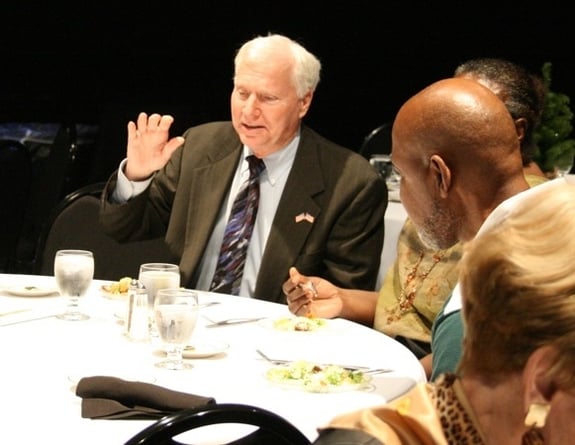 Big thanks to David O. for doing this interview. He and his wife, Susan, are long-time clients and great friends of everyone at Stratton & Company. David is one of the most active travelers we know, and we asked him to share some of his experience and travel insights especially suited for retirees who are looking to hit the road.
Big thanks to David O. for doing this interview. He and his wife, Susan, are long-time clients and great friends of everyone at Stratton & Company. David is one of the most active travelers we know, and we asked him to share some of his experience and travel insights especially suited for retirees who are looking to hit the road.
Growing up in rural Ohio, David was advised that his temperament suited the solitary careers of a long-distance truck driver or a forest ranger. Taking the 'travel or trees’ suggestion to heart, he earned a Bachelors degree in Paper Industry Science and Engineering and an MBA, both at Miami University in Oxford, Ohio. After a stint in the US Army, David spent more than three decades working as a roaming consulting engineer, racking up thousands of frequent flyer miles visiting pulp and paper production plants and managed woodlands across North America and around the world, focusing upon conservation and efficiency projects — making his high school guidance counselor right on both counts.
Since his retirement in 2008 at age 62, David has switched travel gears from business to pleasure. He is now a regular international traveler with a passport full of entry visa stamps from Costa Rica, Vietnam, Great Britain, China, France, Croatia, and 40 or so more (including a special visa stamp from Machu Picchu in Peru). He shares some of his and wife Susan's experiences traveling in retirement, and how retirees can budget for travel.
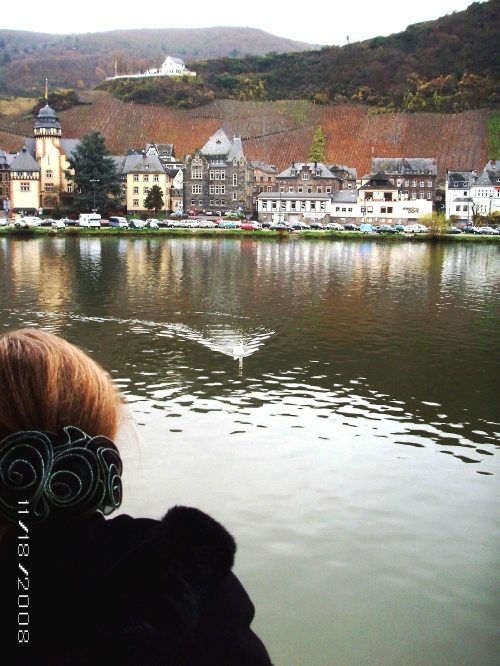
Planning the Journey
Choosing travel is a lot like choosing a restaurant. There are times when you want something quick and efficient and you go to Chick-Fil-A. There are times when you want something special and you go Ruth’s Chris. Sometimes you go because you’re hungry; sometimes it’s planned ahead for a special occasion, like an anniversary. You always want to get done saying Whatever I was after — the ambiance, the environment, the value for the dollar — I got that. You want to go into it knowing what the experience will probably be like — and what it won’t.
Expedition Evolution
In the 70s, my wife Susan and I accompanied a college student theater tour to France, with virtually no planning on our part. It was a great trip, and we saw things we might not have seen with a tour group, but now I prepare a little more by researching online about a destination’s opportunities and the history and customs — as well as the accommodations! These days I usually book small-group tours. There’s a set itinerary, but with fewer than twenty people (sometimes just a handful), it’s more time-efficient than a tour-bus trip, and you can visit places that can’t handle large numbers. In England’s Lake District, we had a surprise lunch at Beatrix Potter’s farm — something we never would have done with a large tour group! Plus, I’ve found the small groups can actually be a better deal.
I’ve also learned that traveling with TSA Pre-check makes the whole process smoother. It’s worth checking out if you plan to travel a lot.
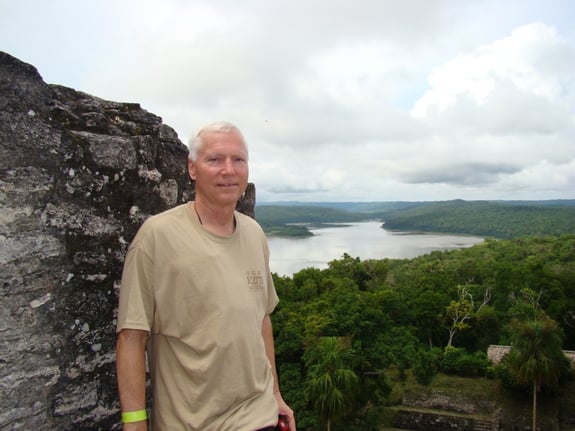
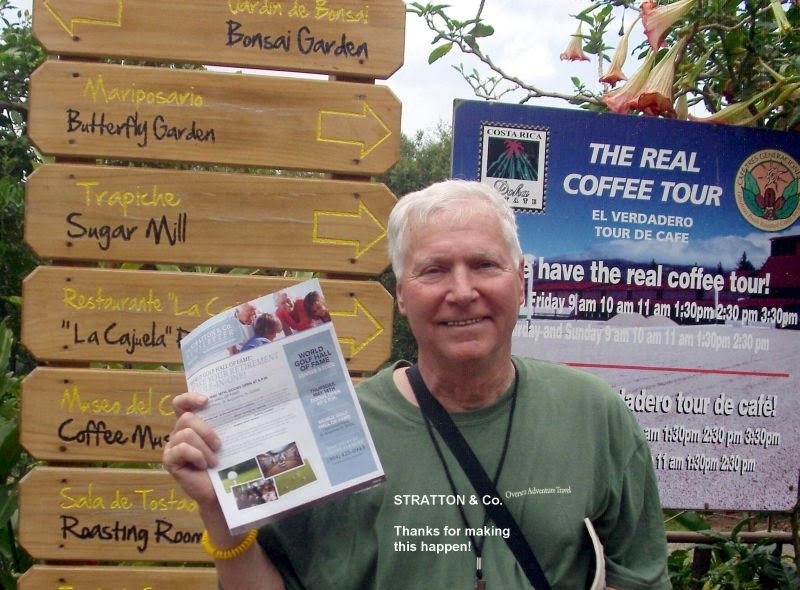
Going Native
I think the first time you visit a place, it’s important to have something organized, whether it’s a tour, or a tour guide, or just a local friend who can put you in the right direction. There’s a lot you can miss, wasting time with a map. And there’s usually plenty of time to wander off by yourself afterwards.
I use the Berlitz 30-day language courses to pick up essential phrases and interactions before visiting a new country, and I took a Spanish-language course through our church that got me comfortable enough that I can communicate without the lag of internally translating the conversation into English and back into Spanish. If you can’t communicate with the locals, you lose so much of what a destination has to offer. Some people are shy about trying to speak a foreign language to a native speaker, but in my experience it’s pretty universal that they’ll appreciate your effort. A lot of places, people want to practice their English too, so it all works out.
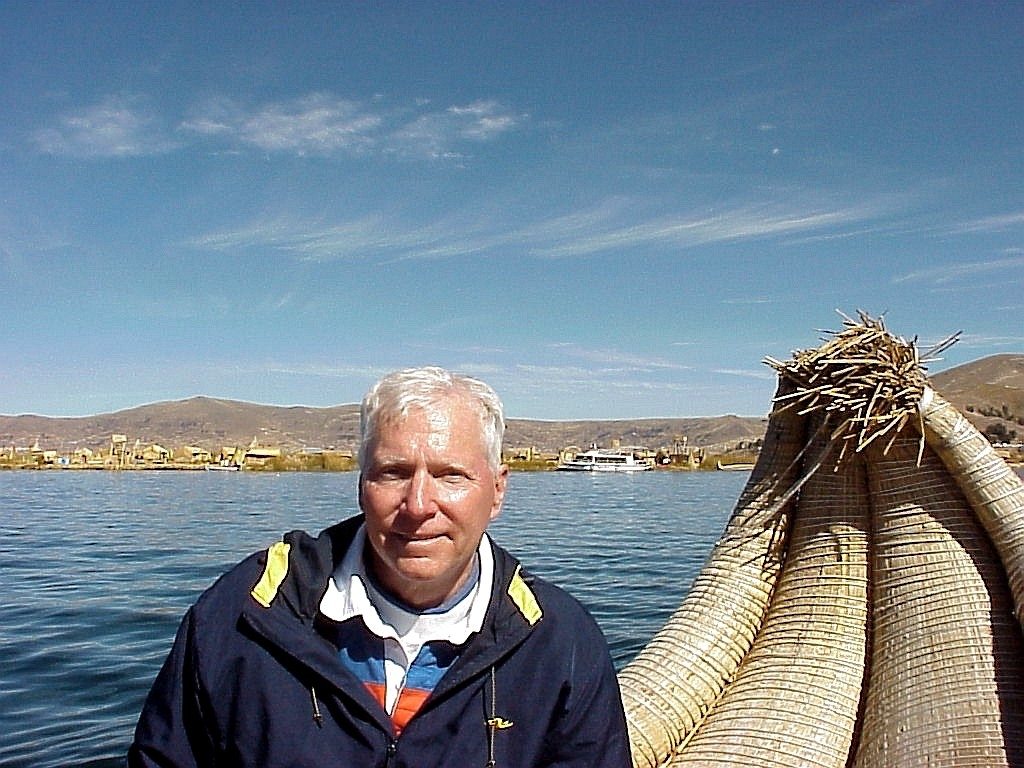
Don’t Leave Home Without It
Snacks! There will come a day when you’re stuck in some line, or too exhausted to leave the hotel for dinner, and popping open some kind of snack to keep your stomach from growling is what saves you from misery. I like Pringles — they come in their own protective shell! I also always pack a little bit of toilet paper in my day pack. It’s rare, but there are still countries I’ve visited where free toilet paper is not a given.
Universal Truths of Globetrotting
One: My theory of vacation photos? No-one wants to see your vacation photos. I still take plenty, but I don’t force anyone to look through hundreds of pictures. I like to go through my photos, pick some favorites (usually a mix of impressive landmarks, local-lifestyle photos, and pictures with an interesting back story) and make a collage. I think it tells the story of the trip and the destination, and you can trick people into looking at one collage.

Two: If you’re even thinking about international travel, get prepared now. You never know when an unexpected opportunity (a last-minute tour discount or a friend’s cancelled cruise) might come along, so you should have your passport renewed and ready. We’ve had some great trips that started with a snap decision, but if we had to wait for a passport we’d have missed out. That said — keep an open mind. You might be thinking about an Sicilian wine country vacation and then hear about a great deal on a small tour through South America. Could be the trip of a lifetime! And once you’re traveling, keep some time open for lesser-known opportunities. I’ve had a great time at neighborhood soccer games, at a Costa Rican rodeo, at a Parisian burlesque dinner show, and on a horse-whisperer’s farm.
Three: The hotel hot tub is a great place to meet and talk with other travelers. It’s close quarters enough to inspire conversation, without the expense and calories of sitting at the bar. And if the company is intolerable, no one can really stay in a hot tub for more than twenty minutes!
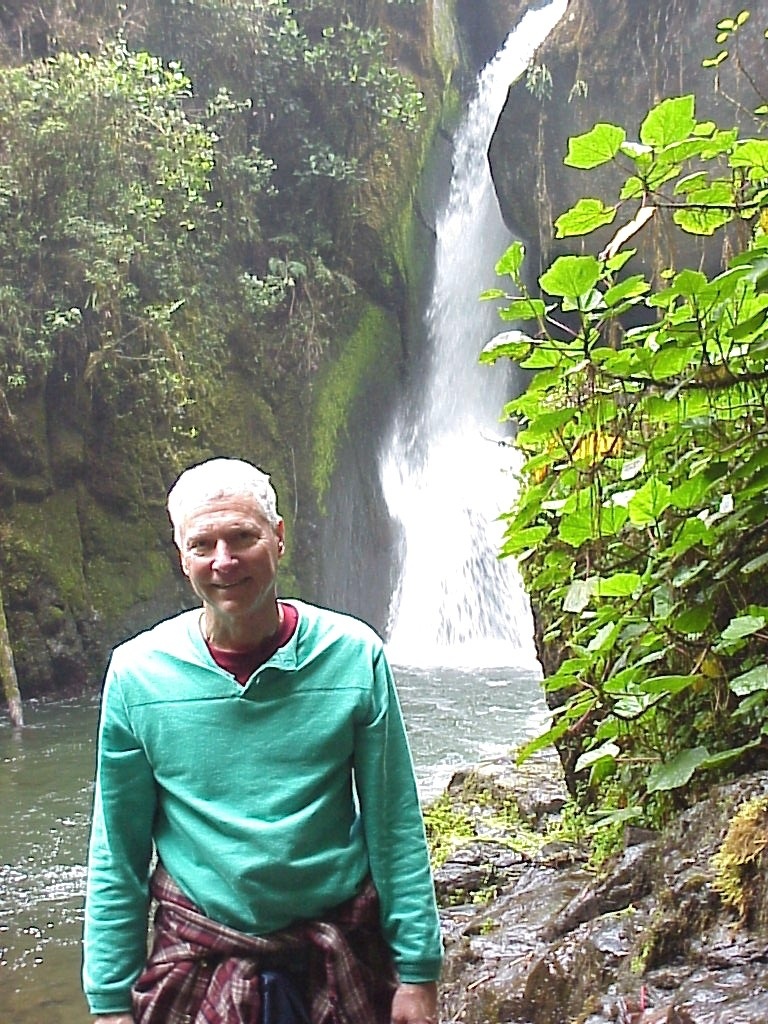
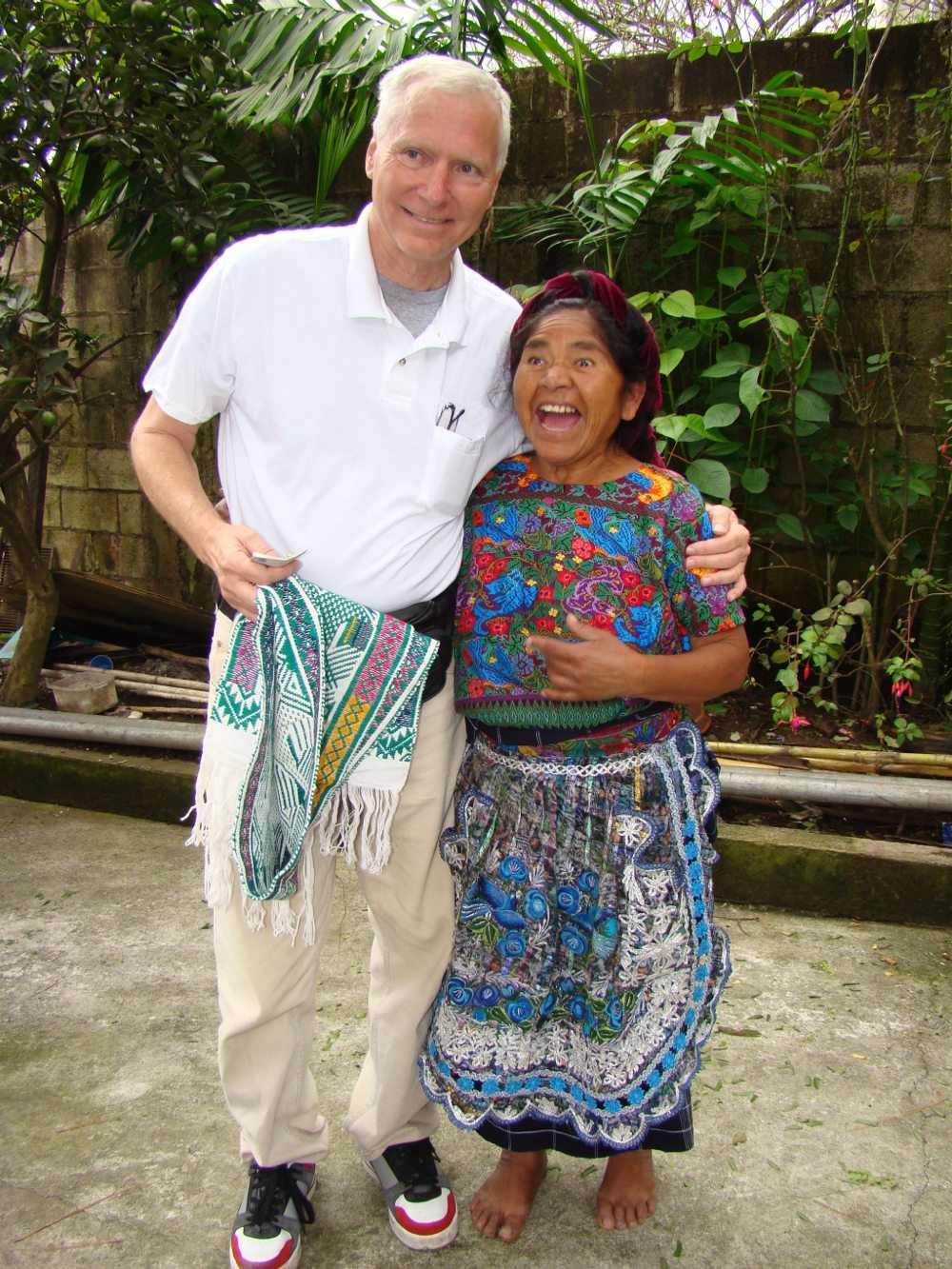
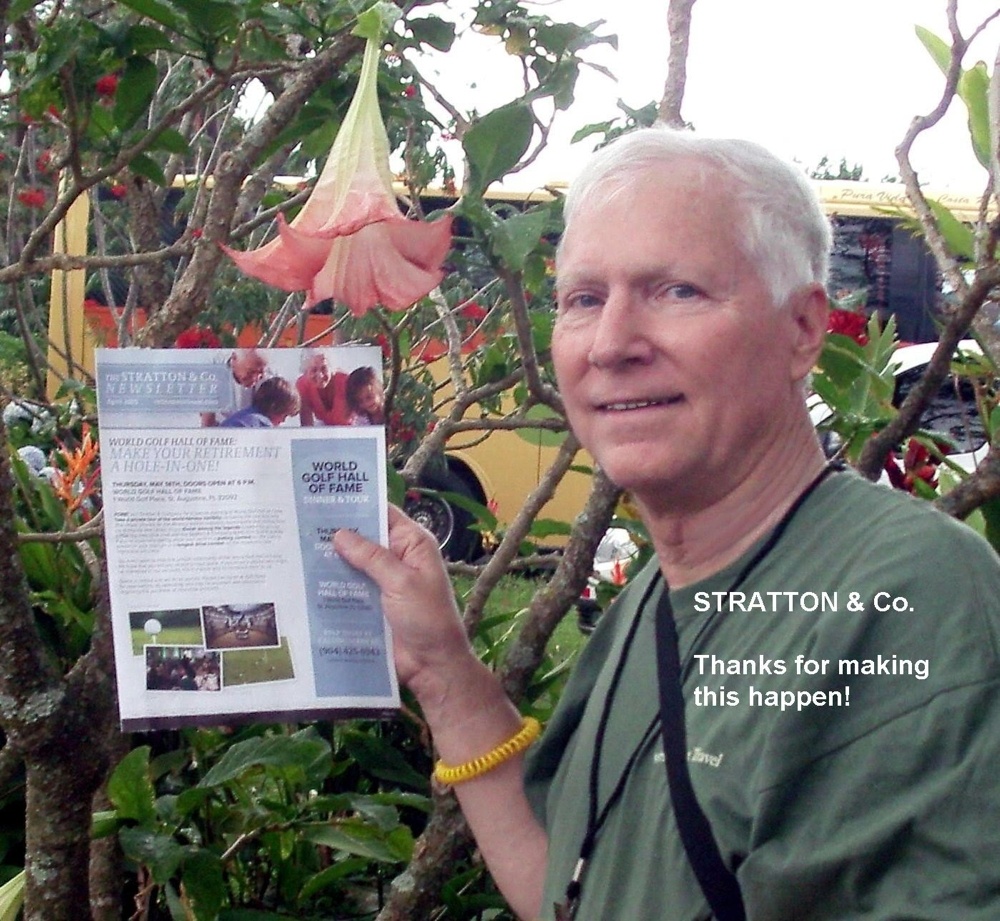
Budgeting for a Jet-setting Retirement
I can count on one hand the number of years I earned more than $50,000 in my life. And working with Stratton & Company, I have money to pay the bills and do extra stuff. And I’m making more money now with my investments, the annuities on that, than I ever made working. They’ve done a good job getting the money to where I can do the fun things and not have to worry about the expense. I was good at saving — not great at getting a high paying job and making a lot of money — but I was good at saving. Eric and the people here have made it so that I’m making…well, what I think is good money. It’s more than I need. It’s how I can take trips. I can look at it and say, Unless there’s a financial crisis for the whole world, I would have difficulty running out of money before I die. And that is so stress-free…it really is amazing how different you feel — where if something happens, you can pay for it. There’s enough money to pay for living, and extras. And that’s very pleasant — that’s the reason to come to Stratton & Company, really.
David has booked vacations through and recommend Grand Circle Travel, Overseas Adventure Travel, and Alexander + Roberts (formerly AAA General Tours).
